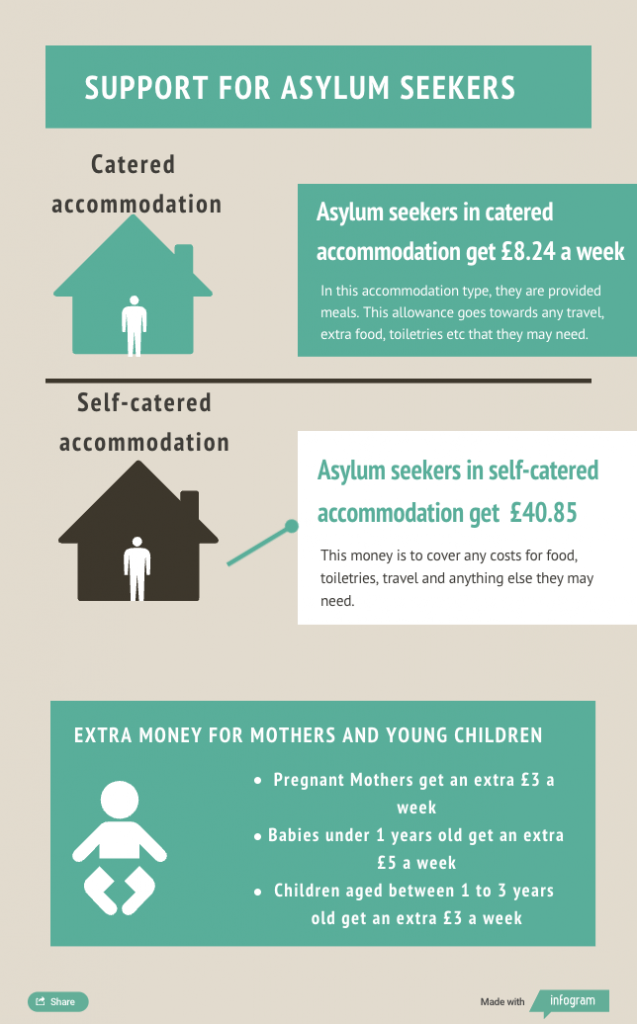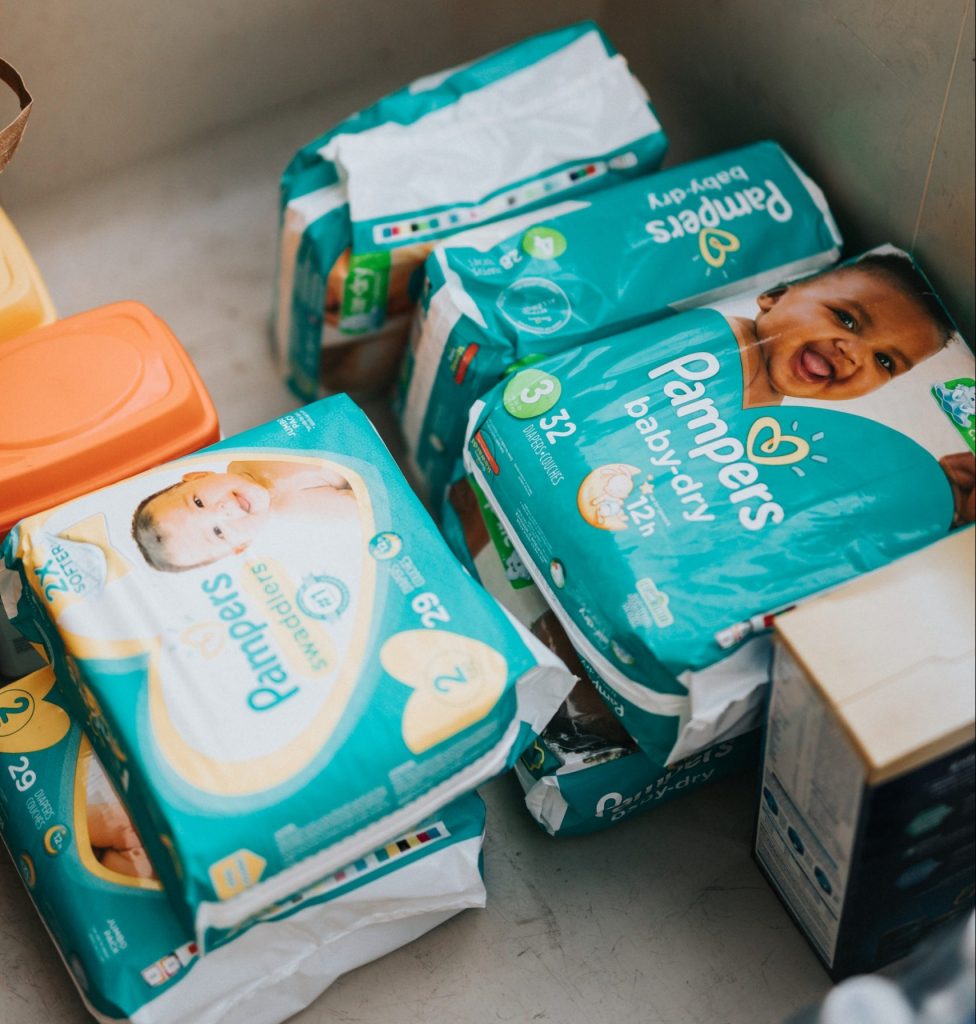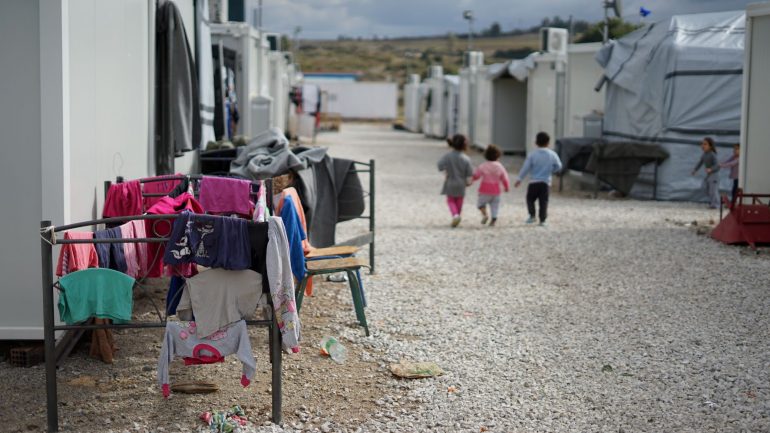Syrian parents with two young children struggle to survive after fleeing to Cardiff for safety
A SYRIAN woman seeking asylum in Cardiff is struggling to feed her young children, as she has received only £33 for her family of four this week.
The family of four – a couple and their children, aged five and one – on 12 December were given £33, to buy food, toiletries and other essentials for the week. They are legally entitled to £166.40.
Since moving into self-catered accommodation on 17 October, the family’s weekly payments have consistently been under the £166.40 they are meant to receive. Also, on 28 November the family only received £35 for the week.
On 2 October, Rebecca (not her real name) came to Cardiff with her young family, due to fears of deportation from Turkey. After escaping, conflict, deportation and near death, the young family continue to struggle to survive in the midst of a cost of living crisis.
Asylum seekers in self-catered accommodation get £40.85 a week. This is an increase of £1.22 from 2021. Those in catered accommodation payments’ have risen by 24p in the last year. The Office for National Statistics stated that UK inflation had hit 11.1 per cent – a 41-year high.

Turkey has been deporting hundreds of Syrians back to their home country since February 2022. Shortly after arriving in Cardiff, Rebecca claims on 25 October, the Turkish immigration services contacted her.
“At 12.30am, they [Turkish immigration services] called me asking where I was, as they were outside my home,” says Rebecca
“If I go back [to Syria], they will detain me and kill me because of the news agency I previously worked for. There is no safe place left for me in Syria or Turkey,”
“I have no choice but to seek asylum here in the UK.”
Rebecca says it’s been difficult to buy the essentials for her young family. Her five- and one-year-old children need many things, such as nappies, baby formula, and clothes. Expensive items which are a struggle to afford.
“They told me I must be patient. Okay, I can go without, but my kids can’t. Just help me,” says Rebecca.
Underpaid weekly allowances alongside a brutal cost of living crisis have been taking a toll on not only Rebecca and her husband but also their two young children.
“They cry and get upset. It’s hard on them,” says Rebecca
“They ask me, Mommy, when are we going back to Turkey?”
Cheap nappies have been giving her one-year-old painful rashes, but she doesn’t have the money for the more expensive brands.
The mum of two is having neglect her health so that her children are receiving the everyday items they need. Rebecca suffers from fibroids, meaning her monthly periods are often heavy and painful, so access to period pads fit for purpose is a difficulty. Affording pain medication is also another obstacle.

“It is affecting my life. Ibuprofen is sometimes £3 or £4. This could go towards the more expensive nappies that my child needs,” says Rebecca.
“I know that it will be more difficult for me, but I prefer my children have what they need.”
Paying for travel has also been a challenge for the family. Despite schemes for free bus and rail travel for refugees, there is nothing in place for asylum seekers. And pricey bus and train tickets have meant that her daughter has had to change schools.
After leaving her friends and family in her home country, a change of school has made it difficult for the 5-year-old to settle. Rebecca says she asked for assistance with her 5-year-old’s school transport but was given Tesco vouchers by Migrant Help in response.
It makes me want to cry. I feel sadness and frustration.
Syrian mother of two
“They aren’t helping us settle here and this is affecting her [daughter’s] mental health. She needs a sense of belonging to this place but how can she?”
Her daughter also needs items for school, sportswear, shoes, uniform, books and more which are often costly. Difficult choices are being made between what they need as a family and her daughter’s needs as a student.
“I think if I buy this for my daughter, then as a family, we will have to go without essentials and I keep having to tell her sorry, we can’t buy this today,” says Rebecca
“It makes me want to cry. I feel sadness and frustration.”

Another necessity they can’t afford is food. One time, Rebecca explained she had no option but to tell her 5-year-old that she could not have the food she liked after coming home from school hungry, having not eaten for six hours. They simply don’t have the money to buy it.
Asylum seekers are not permitted to work in the UK which has been a challenge for the two parents desperate to provide a better life for their children. Rebecca previously worked for various news agencies and international organisations.
If an asylum seeker has been in the country for more than 12 months, then they can request permission to work. However, the job they do has to be on the shortage occupation list.
The parents will be able to work once they are given refugee status. But the length of their wait is unclear as every asylum case is different. According to the Refugee Council, asylum cases can often last between one to three years.
The Home Office has been approached for comment but has not responded at this time.
Migrant Help has been approached but stated they were unable to comment on specific cases due to client confidentiality.
- Oasis Cardiff supports asylum seekers and refugees in the city. Click here to donate



